Post photo: Sculpture | © Oleg Mityukhin on Pixabay
Table of Contents
Question of the day
This time the SPD poses the fundamental question of the need for professional politicians. Because our Federal Minister of the Interior Nancy Faser can well imagine leading and winning a state election campaign in Hesse in addition to her ministerial post.
And in the event that the Hessians make the only right decision and prefer to continue seeing this professional politician in Berlin Nancy Faser of course stick to their current office, for which you obviously don't have to do anything as a professional politician.
However, she would rather have the office of Prime Minister of Hesse, where she is quoted as follows: "My heart is in Hessen." I suspect that she assumes that as Prime Minister in Hessen you have to do even less, or at least for inactivity even better will be paid.
How to do it better only recently taught us Teresa Bauer from Alliance 90/The Greens shown, who resigned from ministries before running for office in Heidelberg and now, after losing the election, is living on her MPs' salary for the time being.
Reality
It's funny to witness how some citizens are completely surprised when reality catches up with them. We're all getting older, but overall we're getting fewer and fewer. In addition, our demands on the state and society are increasing immeasurably. This is only surpassed by the fact that we all want to work less and less and with less effort. Of course, we also want to pay less and less taxes and do as little as possible for others.
And suddenly you are surprised that your own family doctor is not available around the clock or that you have to wait weeks for a hospital appointment. Even the craftsmen no longer want to be at the front door the very next day. And as soon as you get used to it, you realize that some shops close earlier or that the hairdresser doesn't open for another day.
Then buses and trains will no longer run as you would like and the kindergartens will close earlier than you would like. Their own children say that they see their teachers less and less and later even that the state doesn't set up their dream study or job right in their own living room.
As a citizen, one could well ask oneself why that is?
referendum
This decision-making process, borrowed from direct democracy, also exists in Baden-Württemberg and has actually been there from the very beginning. However, we are better acquainted with this procedure from referendums held by our Swiss neighbours. Recently you could read in the voice of Heilbronn that we have once again had such a referendum.
Since December 1, 2015, there have been new regulations for this decision-making process in Baden-Württemberg, probably to make referendums more attractive for citizens. I still remember the discussions I had with my youngest son about this.
In principle, however, Germany is a representative democracy, which is also referred to as a parliamentary democracy because our representative bodies consist of parliaments. Nevertheless, we have different decision-making processes, which also stem from direct democracy. One such procedure is the referendum, which in our case must be preceded by a referendum.
That is why the state institutions also speak of citizens' petitions and referendums. They also explicitly point out that this is direct democracy.
"When it comes to issues that concern all members of a community and that are within the community's decision-making area, it is not just the community council that is involved. The citizens can also vote on their own initiative or that of the municipal council with a so-called referendum. In order to obtain a referendum by the citizenry, you first need a referendum.”
Investment portal BAden-Württemberg (Status: 30.1.2023)
The state's participation portal explains the requirements and special features of a referendum very well; so I won't go into detail about them here.
More interesting is the question of what actually "brings people out from behind the stove" so that the requirements for a referendum are met. Even more interesting is the question of how to motivate enough citizens to take part in a referendum.
Our “founding fathers” were probably already familiar with this problem and therefore immediately opted for a representative model of democracy. And conditions have certainly not improved since then, even though several changes in the law have lowered the hurdles to a referendum. And so there is a lot to suggest that it is not the legal hurdles that keep most citizens from getting involved in direct democracy processes.
Worse still, very many citizens, and probably more and more, are becoming less and less involved in our parliamentary democracy. One can assume that the causes are the same for both.
And based on my own experience, I vehemently reject the idea of "citizen bashing" on the part of professional politics. On the contrary, I assume that the solution to this problem can only be found in deprofessionalizing all of our democracies again.
We citizens must be made more responsible again and want to do this more ourselves! Democracy is not easy and certainly not comfortable. But simply delegating this task to others does not lead to anything — and we can see that quite clearly at the moment.
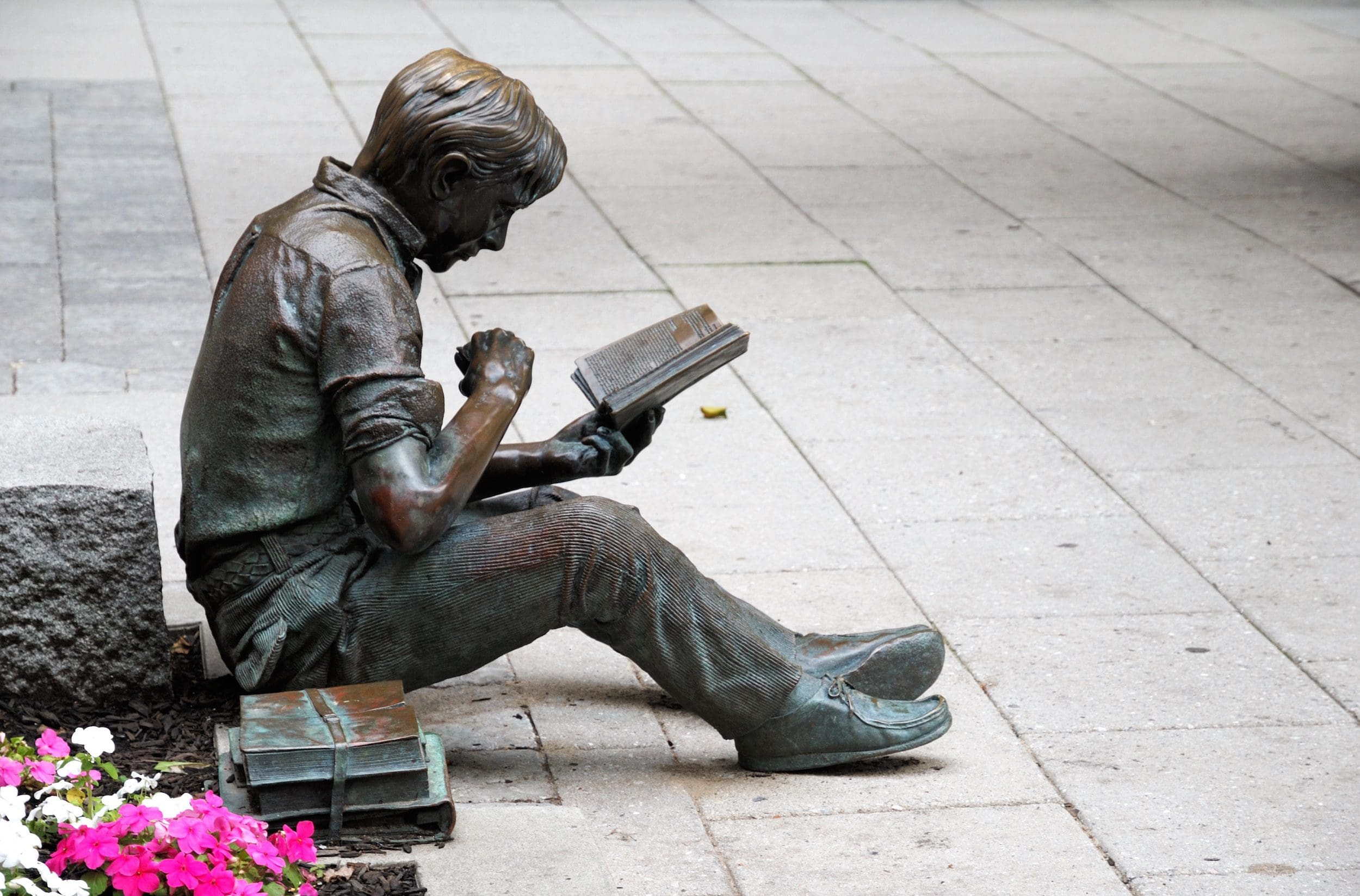
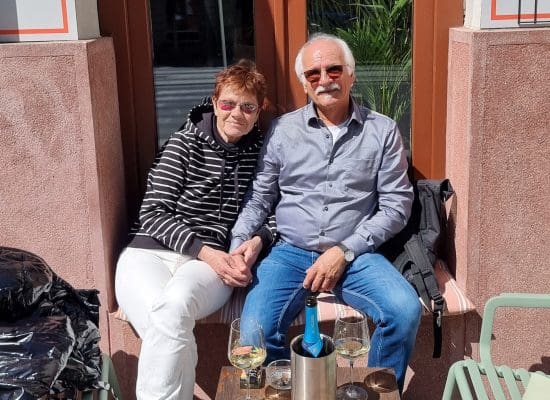
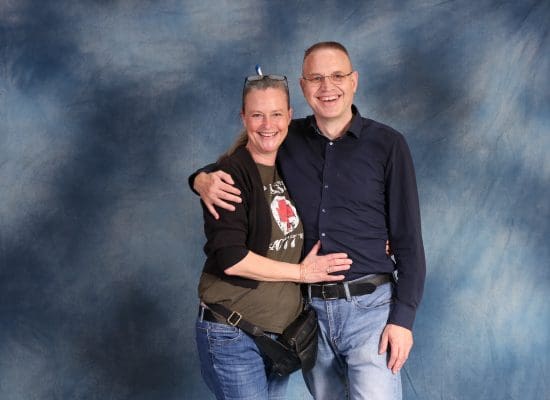
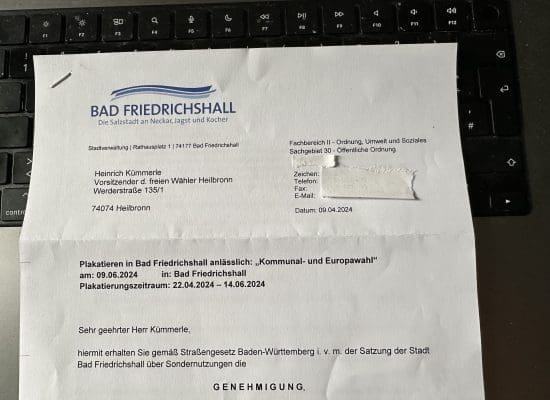


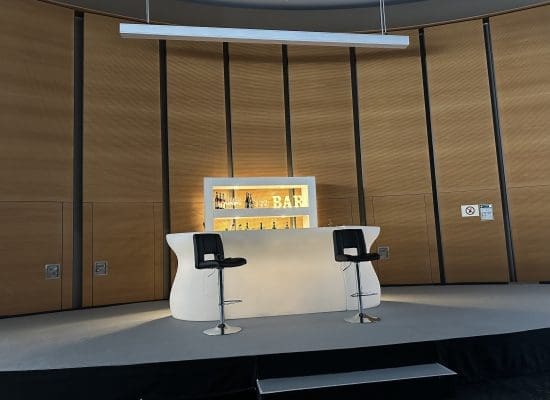

So far, every decade has produced a generation, each with its own distortion of reality. One wonders whether there are any similarities. Probably no positive ones 😉